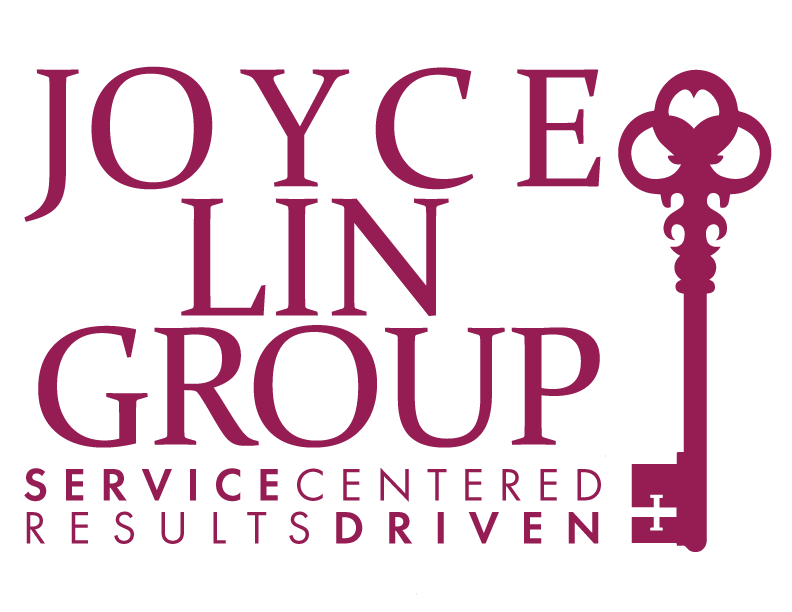
find your dream property
FREE DOWNLOAD
MORTGAGE CALCULATOR
FAQ
Questions to Ask When Choosing a Lender
When determining how much you can borrow, lenders may consider your income level compared with debt, your employment status and your credit history. Talk to a lender about getting prequalified for a mortgage before you start shopping for your new home. This can make the whole experience go more smoothly.
Military veterans and first-time homebuyers may be eligible for special government-sponsored mortgage programs. Ask your lender what you might qualify for.
To get the best rate and terms for your loan, try to put down at least 20 percent of the purchase price. Although a lower down payment won’t necessarily disqualify you, there is a chance that a monthly private mortgage insurance (PMI) payment will be added if your down payment is less than 20 percent. Your down payment will affect other variables as well, such as your interest rate, terms and monthly payments.
Ask your lender for more information about the minimum down payment required for your loan and if you might be eligible for any down payment or cost-saving assistance programs, and decide what’s right for you.
Right off the bat, you should ask your lender for a direct interest rate quote, as well as the corresponding annual percentage rate (APR) for the loan. Since the APR accounts for fees and other loan-related charges, it gives you an apples-to-apples comparison among lenders. Don’t be afraid to shop around until you find one you’re comfortable with.
A fixed-rate mortgage keeps the same interest rate for the life of the loan, typically a 15- or 30-year term. This keeps your monthly payment for principal and interest steady and predictable over time. Adjustable-rate mortgages, or ARMs, have interest rates that change based on the market, so your payment will go up and down.
Most ARMs are based on a 30-year term and typically start with an initial fixed interest rate for a specific period of time, usually 5, 7 or 10 years. It’s important to compare these two types of mortgages to find what’s best for your situation.
A discount point is a fee paid to the lender at closing in exchange for a reduced interest rate. (1 point = 1% of your total mortgage amount.) Be sure to ask your lender how many points are included in the quoted interest rate and what the benefits might be to buying more or fewer point
Remember to factor in the various fees associated with buying a home—particularly closing costs. Closing costs include loan origination fees, appraisal fees and attorney fees (if any), to name a few. Your lender should provide you with a Loan Estimate showing the approximate costs of your loan so you can budget accordingly.
The more information you can collect up front, the more prepared you’ll be should you run into any unexpected expenses along the way. To help you understand the various fees you’ll need to cover, your lender should give you a Closing Disclosure detailing all the costs associated with your loan. It’s a good idea to compare the Closing Disclosure to the Loan Estimate.
A lot of factors help determine when your exact closing date will be—many of which are completely out of your control. Ask your lender for an estimate of when you might expect to close. That way you’ll at least have a rough idea of the timetable you’re working with.

